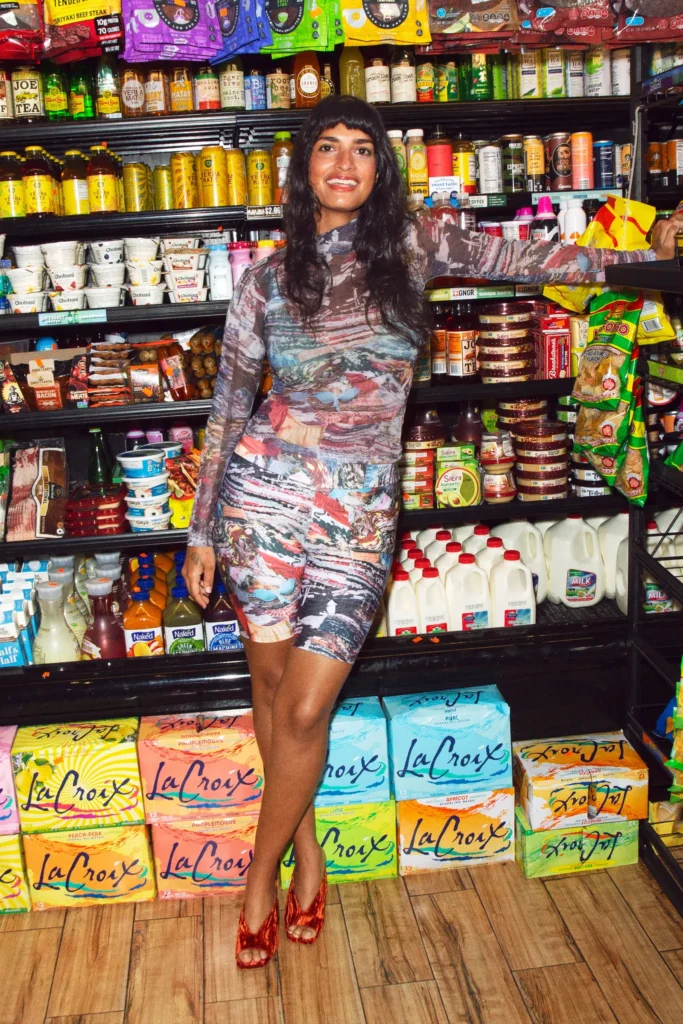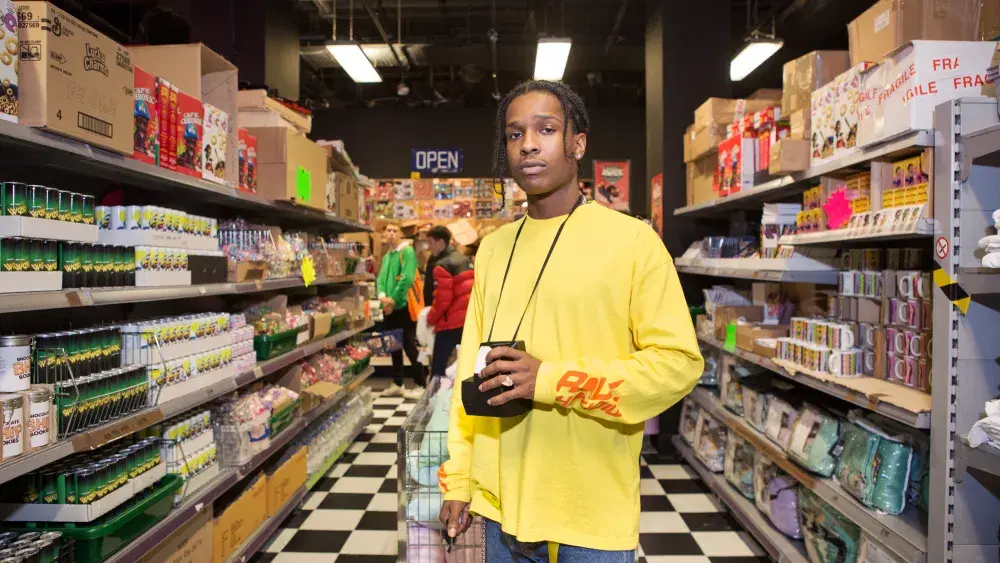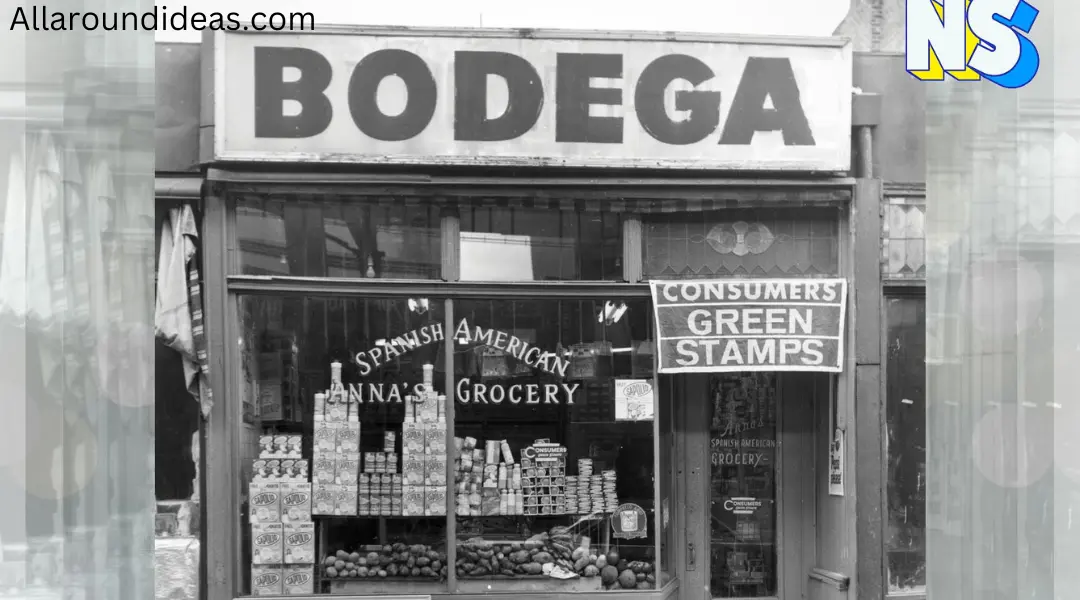What is a bodega? it’s a cultural staple in urban communities, particularly in cities like New York. Often family-owned and operated, these small shops provide a wide array of goods and services, catering to the daily needs of local residents. From snacks and groceries to household essentials and sometimes even fresh produce, bodegas are integral to the fabric of city life. In this article, we’ll explore the origins, significance, and characteristics of bodegas, as well as their evolving role in contemporary urban environments.
If you want some more information about What is a Lip Flip then checkout our last blog post.

The Origins of the Bodega
The term “bodega” has its roots in Spanish, where it means “wine cellar” or “grocery store.” Its use in the United States, particularly in urban areas, is closely tied to the waves of immigration from Latin America and the Caribbean. In New York City, the bodega culture began to flourish in the mid-20th century, largely as a response to the needs of immigrant communities who sought familiar products and a sense of community.
As neighborhoods became more diverse, bodegas evolved to reflect the unique cultural identities of their surroundings. Today, you can find bodegas that cater to various ethnic groups, offering specialized products that may not be readily available in larger supermarkets.
If you want some more information about What is a Lip Flip then checkout our last blog post.
Characteristics of Bodegas
Bodegas typically exhibit several key features that set them apart from conventional grocery stores:
1. Small Size and Accessibility
Most bodegas are small, neighborhood-oriented stores that prioritize convenience. Their size allows them to be easily accessible, making them a go-to option for residents looking to grab quick essentials without traveling far.
2. Wide Range of Products
Bodegas often stock a diverse range of products, including:
- Snacks and Beverages: Chips, candy, soda, and bottled water are staples.
- Grocery Items: Basic staples like bread, milk, eggs, and canned goods are commonly available.
- Fresh Produce: Some bodegas offer fresh fruits and vegetables, catering to health-conscious consumers.
- Household Supplies: Cleaning products, toiletries, and pet supplies can often be found.
- Specialty Items: Many bodegas carry products that cater to specific cultural tastes, such as Latin snacks, spices, or beverages.
3. Community Focus
Bodegas often serve as community hubs, fostering a sense of belonging among local residents. They are places where people gather, chat, and catch up on neighborhood news. Many owners form personal relationships with their customers, remembering their names and preferences, which adds to the bodega’s appeal.
If you want some more information about What is a Lip Flip then checkout our last blog post.
4. Unique Operating Hours
Bodegas frequently operate on extended hours, sometimes 24/7, providing convenience for customers at all times of the day and night. This flexibility is particularly valuable in urban environments where schedules can be hectic.
The Cultural Significance of Bodegas
Bodegas play a significant role in the social and cultural dynamics of urban neighborhoods:
1. Economic Impact
As small businesses, bodegas contribute to the local economy by providing jobs and supporting community initiatives. They often hire locals, fostering economic growth within the neighborhood.
2. Cultural Preservation
Bodegas serve as a vital link to cultural heritage, offering products that reflect the culinary traditions of the communities they serve. For many immigrants, these stores are a source of comfort, providing access to familiar foods and flavors.
3. Social Interaction
In an increasingly digital world, bodegas offer a physical space for social interaction. Whether it’s a quick chat with the owner or catching up with a neighbor, these exchanges contribute to community cohesion.
4. Artistic Representation
Bodegas have also made their way into popular culture, inspiring art, literature, and even film. They are often depicted as vibrant backdrops in stories about urban life, encapsulating the experiences of city dwellers.

Challenges Facing Bodegas
Despite their importance, bodegas face a range of challenges in contemporary urban landscapes:
1. Competition from Larger Retailers
The rise of large supermarket chains and online grocery services has posed significant competition to bodegas. Many customers now prefer the one-stop shopping experience offered by larger retailers, which can threaten the survival of smaller stores.
2. Gentrification
As neighborhoods undergo gentrification, rising rents can put immense financial pressure on bodega owners. Long-time residents may be displaced, leading to a loss of cultural diversity and the unique character that bodegas bring to their communities.
If you want some more information about What is a Lip Flip then checkout our last blog post.
3. Health and Safety Concerns
Bodegas, particularly those that operate late at night, may face safety concerns. Issues such as theft or violence can create an environment of insecurity for both owners and customers.
The Evolving Role of Bodegas
In response to these challenges, many bodegas are adapting their business models to remain relevant. Some are:
1. Embracing Technology
Many bodegas are incorporating technology into their operations, offering online ordering and delivery services to compete with larger retailers. By leveraging apps and social media, they can reach a wider audience and engage with customers more effectively.
2. Diversifying Product Offerings
To cater to changing consumer preferences, some bodegas are expanding their product lines to include organic and health-conscious options. This diversification can attract a broader customer base, including younger consumers who prioritize healthy eating.
3. Community Engagement
Bodega owners are increasingly recognizing the importance of community engagement. Many are hosting events, collaborating with local artists, or supporting neighborhood initiatives, which not only strengthens community ties but also enhances their visibility and relevance.

Conclusion
Bodegas are an integral part of urban life, embodying the spirit of community, convenience, and cultural diversity. They provide essential goods, foster social interaction, and preserve cultural heritage in neighborhoods across cities. Despite facing significant challenges, these small businesses continue to adapt and thrive, proving their resilience in an ever-changing landscape.
If you want some more information about What is a Lip Flip then checkout our last blog post.
As urban environments evolve, the future of bodegas remains hopeful. Their ability to innovate while staying true to their roots will ensure they continue to serve as beloved community hubs for generations to come. Whether you’re grabbing a quick snack or catching up with a friend, a visit to the bodega is often a quintessential urban experience, highlighting the unique character and vibrancy of city life.


